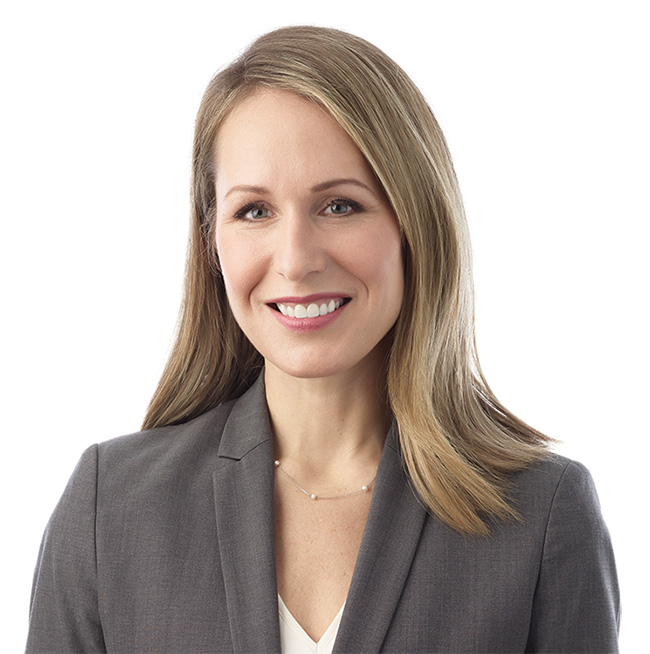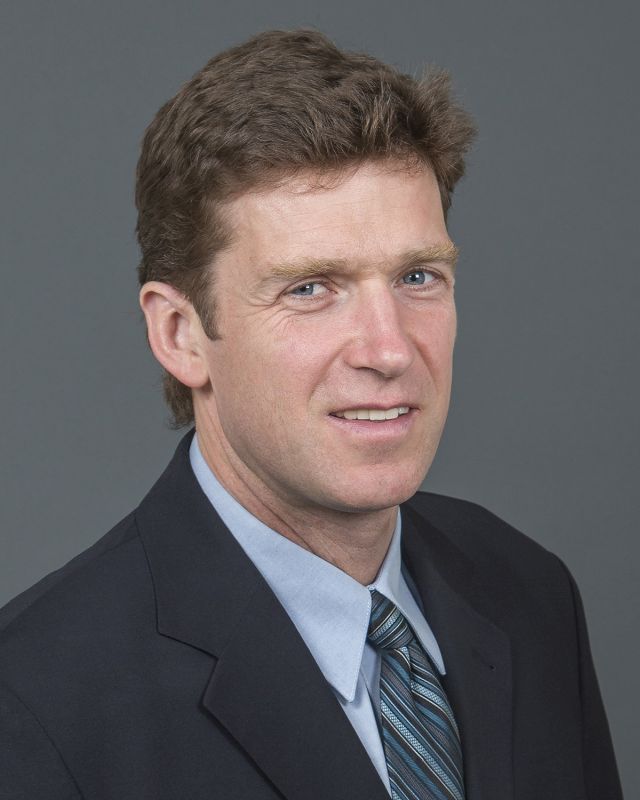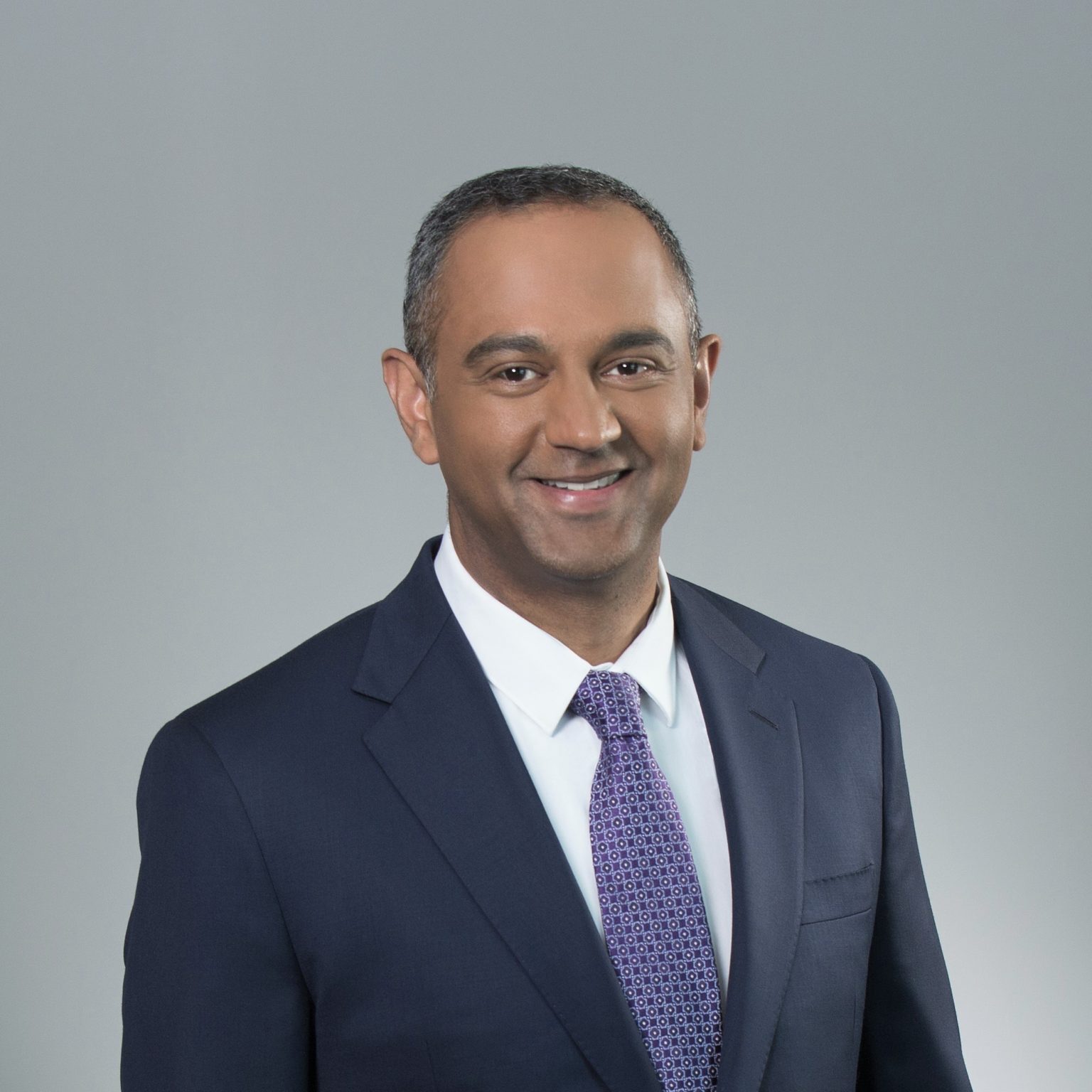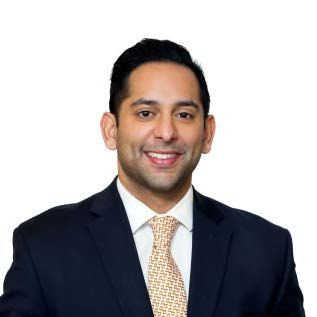Bargaining In The Broader Public Sector Conference
Bargaining In The Broader Public Sector Conference
Conference Co-Chairs
Conference Advisory Committee
Labour Arbitration And Policy Conference
Conference Co-Chairs
Conference Advisory Committee
Wednesday, December 11, 2024
Workshops
*Workshops sold separately from stand-alone conference.
| Time | Schedule |
|---|---|
| Breakfast | 8:00 am – 9:00 am ET |
| Workshop | 9:00 am – 10:25 am ET |
| Morning Break | 10:25 am – 10:40 am ET |
| Workshop | 10:40 am – 12:00 pm ET |
| Lunch | 12:00 pm – 1:00 pm ET |
| Workshop | 1:00 pm – 2:20 pm ET |
| Afternoon Break | 2:20 pm – 2:35 pm ET |
| Workshop | 2:35 pm – 4:00 pm ET |
| Workshop Ends | 4:00 pm ET |
Bargaining In The Broader Public Sector Conference Workshop
Rishi Bandhu
Arbitrator
Rishi Bandhu Dispute Resolutions
Vice-Chair
Ontario Labour Relations Board (OLRB)
In this interactive, full-day workshop, experts will help participants hone their bargaining skills, with a focus on overcoming negotiation challenges, determining the cost of benefits, and crafting collective agreement language. By examining both employer and union-side perspectives and delving into case scenarios, attendees will gain expertise necessary to craft clear, compelling, and innovative collective agreement language.
Labour Arbitration And Policy Conference Workshop
An understanding of the principles of contract interpretation is indispensable for anyone involved in the negotiation or administration of a collective agreement. In this workshop, experienced practitioners will equip participants with the knowledge needed to deal effectively with the wide array of interpretation issues that may arise in a unionized setting. The workshop will address topics including:
- What are the most commonly applied rules of collective agreement interpretation?
- What is the difference between the “plain meaning” approach and a “purposive” approach?
- What are “implied terms” of a collective agreement? How do they affect the interpretation of the express language of the contract?
- How do arbitrators reconcile negotiated contract language and the contrary provisions of employment-related statutes, e.g. human rights and employment standards legislation?
- When can evidence of collective bargaining history, past practice, or statements made during negotiations be used as an aid to interpretation?
- What is “contextual evidence,” as set out by the Supreme Court of Canada in the Sattva case? In what circumstances can evidence of surrounding circumstances be admitted and relied upon to shed light on the meaning of a disputed clause?
- How have arbitrators applied essential and emerging principles of interpretation in recent decisions and what lessons can be learned from these cases?
- How has the doctrine of estoppel been applied in recent arbitration cases?
Thursday, December 12, 2024
Bargaining In The Broader Public Sector Conference
Breakfast: 8:00 am – 9:00 am ET
Introductory remarks: 9:00 am – 9:05 am ET
Elpis Law
Negotiator, Labour Relations Officer, Equity Champion, and Trainer
Public Service Alliance of Canada
In this session, expert panelists will explore 2025 economic and fiscal forecasts and their implications for bargaining, focusing on settlements and awards. Specifically, the panel will discuss:
- What short- and long-term economic trends are experts predicting Canadians will experience in 2025 in Ontario? Canada? The United States?
- Are inflation and cost-of-living projected to increase in 2025?
- What impact will raising Ontario’s minimum wage to $17.20 have on bargaining?
- What key non-monetary demands are emerging at the bargaining table in the current climate?
- What measures are governments likely to prioritize in 2025 provincial and federal budgets to promote economic growth and prosperity?
Break: 10:20 am – 10:35 am ET
In this session, panelists will examine recent decisions, legislative changes, and other developments impacting bargaining in the public sector. Final topics will be selected in the weeks prior to the conference to ensure coverage of the latest and most important developments. However, items currently under consideration include:
- Recent court, labour arbitration, and labour board decisions addressing:
- Freedom of association and government involvement in collective bargaining
- Unfair labour practices and violations of statutory freeze provisions
- Key issues at interest arbitration, including inflation and staffing and recruitment issues
- Recent legislative initiatives including:
- Federal legislation to ban the use of strike replacement workers
- Provincial legislation amending the Employment Standards Act, Occupational Health and Safety Act, and the Workplace Safety and Insurance Act
- Recent noteworthy collective agreements and strike actions
- Current labour relations trends, including artificial intelligence, remote work, and the right to disconnect
Lunch: 11:50 am – 1:00 pm ET
Dr. Peter Lewis
Canada Research Chair in Trustworthy Artificial Intelligence
Associate Professor
Computer Science
Ontario Tech University
In this session, expert panelists will provide guidance, through collective bargaining, on rapidly progressing technology and expanding monitoring and surveillance capabilities. Panelists will address questions including:
- Are concerns about the impact of artificial intelligence (AI) on work overblown? Is this technological advance different from previous technological revolutions that raised concerns about mass unemployment and dehumanization of work?
- What aspects of work in the broader public sector are most likely to be affected by AI?
- Does existing federal or provincial legislation set any limits on the use of AI in the workplace? What legislative initiatives are currently undergoing debate and how may they impact workplace parties if passed?
- What key impacts resulting from the use of AI in workplaces should be addressed through collective bargaining? Are concerns about AI adequately addressed by standard “technological change” provisions?
- How should employers and unions address the potential use of algorithmic management, e.g. delegating to algorithms certain managerial tasks such as filtering through applications for employment, assessing employee performance, or even making decisions regarding termination of employment under collective agreements?
- How have arbitrators treated the use of emerging monitoring and surveillance technologies intended to measure employee productivity or performance, such as biometric scanning, wearables, GPS tracking, and keystroke monitoring software? What lessons can be learned from these decisions when negotiating collective agreement language?
- How can parties address concerns about work intensification related to AI, monitoring, and surveillance through collective bargaining? Would standard “workload provisions” help? What about psychological health and safety provisions?
- Are employees entitled to information about how their employer is using AI and monitoring and surveillance technologies? Can this be addressed through collective bargaining?
Break: 2:20 pm – 2:35 pm ET
Employees thrive in inclusive, psychologically safe workplaces. Employers and unions can use the bargaining process to address equity, diversity, and inclusion (EDI) under a collective agreement to nurture a forward-thinking workplace that promotes employee wellness, belonging, and retention. In this panel, experts will examine:
- How can unions and employers best negotiate provisions under a collective agreement to create an inclusive workplace? What are specific examples of collective agreement provisions that prioritize EDI?
- What areas of EDI should employers and unions address in the bargaining process to help promote employee retention?
- What collective agreement language was found to be discriminatory? Not discriminatory?
- What measures are effective as a remedy for discrimination harassment, or other forms of misconduct?
Closing remarks: 3:55 pm – 4:00 pm ET
Friday, December 13, 2024
Labour Arbitration And Policy Conference
Introductory remarks by co-chairs: 9:00 am – 9:05 am ET
In this session, expert panelists will examine recent arbitration decisions on key workplace issues, exploring the practical takeaways for employers and unions. The panel will address topics such as:
- Privacy;
- Computer access, monitoring and surveillance
- Substance use testing;
- Discipline and discharge;
- Workplace investigations;
- Discrimination, harassment, and accommodation;
- Defamation and anti-strategic lawsuits against public participation (“anti-SLAPP”) legislation;
- Issues of jurisdiction as between labour arbitrators and statutory tribunals; and
- Remote work.
The panel will also examine recent legislative and other initiatives, such as:
- Federal legislation banning the use of strike replacement workers;
- Federal legislation requiring companies to report on the risk of and measures taken regarding forced labour and child labour in international supply chains;
- The report of the Employment Equity Act Review Task Force and related changes to the Act; and
- The Ontario government’s Working for Workers legislative series.
Final selection of topics will take place in the weeks leading up to the conference, ensuring coverage of the latest and most newsworthy developments.
Break: 10:20 am – 10:35 am ET
How can employers balance freedom of expression under the Charter with the need to maintain a productive and respectful workplace? In this session, panelists will address:
- Do employees have the right to express their views on potentially controversial and/or political matters at work?
- What criteria should employers and unions consider when determining whether an employee’s speech or actions pose a legitimate concern to the organization’s reputation or operations? What actions should employers or unions take when employees’ expressions may border on being disrespectful or offensive, but are not overtly harmful?
- Can employers monitor employee expressions outside the workplace or on social media? Can employers discipline employees for such expressions?
- What is the extent of a union’s duty to represent members who face work-related consequences for potentially polarizing beliefs or actions? When will a union’s decision not to represent a member constitute a breach of the duty of fair representation?
- How can employers and unions effectively communicate expectations regarding employee expression, appropriate workplace conduct, and appropriate off-work conduct?
Break: 11:40 am – 11:50 am ET
Jennifer Pernfuss
Certified Restoration Practitioner, Consultant & Coach
RESPECT: Conciliation & Education
Networking Lunch: 12:30 pm – 1:20 pm ET
Disabilities are diverse. Many employees may experience disabilities that are hidden, fluid, or poorly understood by medical professionals. Employers are required to provide reasonable accommodation to employees with disabilities — of all kinds — to enable their full participation in the workplace. In this panel, experts will discuss the duties of employers and unions in accommodating employees with disabilities that may be hidden, episodic, or not widely understood. Panelists will explore:
- What are common medical conditions that are difficult to diagnose or understand? Why does “Long COVID-19” fall within this list?
- What are common challenges and best practices in accommodating employees who may experience disabilities that are hidden, episodic, or not fully understood by medical professionals? How should employers and unions respond when there is a lack of available medical practitioners with the requisite knowledge to provide information about a disability?
- What types of accommodations have generally been helpful for employees experiencing hidden, episodic, or poorly understood disabilities (e.g., flex time or working from home)?
- What are best practices for communicating during the accommodation process? For example, how should employees and employers maintain communication about accommodation needs, which may change frequently, while respecting employee privacy? What role do unions play in such communications?
- When have adjudicators found that employers or unions have successfully accommodated or failed to accommodate employees with hidden or episodic disabilities?
- How do disability-related stereotypes and stigmas play a role in complicating the accommodations process? What can employers and unions do to dismantle these stigmas and stereotypes and create an inclusive, barrier-free workplace?
- What steps must unions take to assist in accommodation and satisfy their duty of fair representation of members with hidden or episodic disabilities?
Break: 2:35 pm – 2:50 pm ET
In many instances conduct or comments will clearly meet the definition of harassment. However, in other cases debate may arise as to whether the alleged harasser knew or ought reasonably to have known that their behaviour was unwelcome, offensive, or harmful. In this session, panelists will examine the degree to which reasonable minds may disagree about whether comments or conduct constitute harassment, probe the reasons behind such disagreements, and address issues such as:
- Should a complainant’s subjective feelings of humiliation or offence be determinative of whether certain conduct constitutes harassment? If not, why not?
- What role do a complainant’s personal characteristics – gender and race, for example – play in determining whether certain conduct should reasonably be seen to be offensive?
- Does workplace culture play any role in determining whether conduct or comments amount to harassment?
- Is the analysis of whether conduct constitutes harassment affected by the existence of a friendship or previous romantic relationship between the complainant and respondent? What about power imbalances or lack thereof?
- How is the reasonableness of management’s response assessed by arbitrators?
CPD
- This program (CPD Code) has been approved for 5.2 Continuing Professional Development (CPD) hours under Section A of the Continuing Professional Development (CPD) Log of the Human Resource Professionals Association (HRPA).
- Members of the Law Society of Ontario may consider counting this program for 5.2 substantive hours; 0 professionalism hours.
- This program has been approved for 5.4 Continuing Professional Development (CPD) hours under Section A of the Continuing Professional Development (CPD) Log of the Human Resource Professionals Association (HRPA).
- Members of the Law Society of Ontario may consider counting this program for 5.4 substantive hours; 0 professionalism hours.
- This program (CPD Code) has been approved for 5 Continuing Professional Development (CPD) hours under Section A of the Continuing Professional Development (CPD) Log of the Human Resource Professionals Association (HRPA).
- Members of the Law Society of Ontario may consider counting this program for 5 substantive hours; 0 professionalism hours.












































